It’s Pawpaw Season: Where You Can Find The Fruit In Maryland And How To Enjoy Them
September 30, 2020 at 10:55 pm
BALTIMORE (WJZ) — Do you know what a pawpaw is? They’re native to North America and thrive in Maryland and you can eat them because they’re a fruit.
It also happens to be pawpaw season.
Which is why Forest Fleisher from Baltimore’s Orchard Project is going pawpaw hunting.
In order to find a pawpaw, you have to shake the trees. The ripened fruit will fall and are ready to eat when they’re soft to the touch. Read more…
“ST. MICHAELS DISTILLER’S RUM TAKES TOP SPOT IN USA TODAY POLL” – DELMARVA NOW
September 29, 2020
Keith Demko
Lyon Rum of St. Michaels was named the “Best Craft Rum Distillery” in a recent USA Today 10Best Readers Choice poll.
“We have a singular goal: to make remarkable American rum,” said Jaime Windon, CEO of Windon Distilling, maker of Lyon Rum. “By focusing 100% on this spirit that we love, we purposefully set ourselves apart from the vast majority of craft distilleries that produce a range of distillates.” Read more…
“MARYLAND’S ALCOHOL INDUSTRY SHOULD NOT HAVE TO BEAR BURDEN OF INCREASED TAXES” – OP-ED | THE BALTIMORE SUN
September 28, 2020
Jaime Windon
As the owner of a craft distillery and the president of the Maryland Distiller’s Guild, I know how devastating an increase in alcohol taxes can be for small businesses like mine — especially as we are one of the hardest hit industries during COVID-19.
While headlines have focused on increased sales at liquor stores as people sheltered at home, this does not accurately portray the severe impact of the pandemic on the overwhelming majority of the hospitality industry — particularly as it relates to small-batch, locally-made alcohol. Maryland’s once bustling craft distilleries, breweries and wineries have had their tasting rooms and tours shut down for months due to the pandemic. Additionally, all of the local events and festivals where we would normally showcase and sell our craft products have also been canceled.
According to a study by the Distilled Spirits Council, the crushing impact of the COVID-19 pandemic on craft distillers reveals that on average 41% of their sales evaporated and 31% of their employees have been furloughed. Read more…
How one Maryland winery evolves for COVID-19 survival, finds success
September 24, 2020
Matthew Prensky
BERLIN, Md. — It was 2015. Jeannie Mariner and her husband had just inherited a 12-acre farm in Worcester County but weren’t sure what to do with the land.
The couple still hadn’t made up their minds when they went to visit their daughter, Brittany, who was studying viticulture — the study of wine and growing grapes — at college in North Carolina.
It was while the Mariners were visiting Brittany that they had a “light bulb moment,” Jeannie said. They would turn their farm into a winery.
“We were all in. We sold off a business and assets and things like that to get this started,” Jeannie said. Once opened, “people (were starting to) find out that we’re here, and things were humming along — and then all of the sudden it comes to a screeching halt. It’s very scary when you’ve got so much invested.” Read more…
Cumberland County (PA) brewery prepares to open taproom with funky beers
Updated Sep 23, 2020; Posted Sep 23, 2020
By Sue Gleiter | sgleiter@pennlive.com
Highway Manor Brewing Co. in Lower Allen Township is no newcomer to the craft beer scene.
For several years owner Johnnie Compton III has sold his sour and wild farmhouse beers, mainly distributed in Philadelphia, New York, Florida, Vermont and Maryland.
But as the sour beer trend blew up and spiked seltzers exploded, Compton said it grew harder to compete for shelf space on the wholesale level. COVID-19 hasn’t helped move product, either. Read more…
Maryland Craft Beer Trade Association Contributes To National Scholarship, Promotes Diversity In Brewing
The Brewers Association of Maryland has contributed to the Michael Jackson Foundation for Brewing & Distilling
(ANNAPOLIS, MD) – On behalf of its members, the Brewers Association of Maryland made a contribution of $1,100 to the Michael Jackson Foundation for Brewing & Distilling. This contribution helps to provide funding for scholarship awards for Black, Indigenous, and People of Color (BIPOC) seeking career development within the brewing and distilling industries.
“Our objective is to ensure that people from all backgrounds have an opportunity to access the tools and resources necessary to succeed in this industry,” said Brewers Association of Maryland President Sarah Healey about the trade association’s contribution. “This industry’s success should be reflected in the diversity of people and ideas that are represented in our production spaces and tasting rooms. Together, we’re working to ensure that inclusion and equity are guiding principles in our craft.”
The Brewers Association of Maryland has identified addressing the lack of diversity amongst industry members and supporters as a priority. To focus on equality, diversity, and inclusion within the state’s brewing industry, the Brewers Association of Maryland will task a new committee with consideration of these matters. The Michael Jackson Foundation for Brewing & Distilling announced its initiatives to provide scholarships for BIPOC candidates in the summer of 2020.
In the wake of the George Floyd shooting in Minnesota, craft breweries throughout the United States, and around the globe, collaborated to release “Black is Beautiful.” Started by Weathered Souls Brewing in San Antonio, TX, this beer raised funds to address police brutality and provide legal defense to those who have been wronged. Eighteen Maryland breweries brewed “Black is Beautiful” releases and made contributions to local and regional organizations promoting racial justice and equality.
To learn more about the Michael Jackson Foundation for Brewing & Distilling and its mission, visit http://www.themjf.org.
Marylanders for Better Beer & Wine Laws: Recent Poll Finds 67% of Marylanders Want Alcohol in Maryland Chain Stores
Baltimore, MD – Marylanders for Better Beer and Wine Laws (MBBWL), a 10,000-member strong consumer group improving Maryland alcohol laws since 2005, just concluded statewide polling that found Maryland residents favor legalizing chain store alcohol sales 2:1. Survey respondents cited greater convenience followed by lower prices as their top reasons for supporting this change.
“We have been working to legalize chain store sales since 2012 because it is the #1 issue for our members,” said Adam Borden, MBBWL’s President.
Today, 98% of Americans can buy beer in a grocery chain and 85% can buy wine. Maryland is one of only three states that prohibits grocery beer sales and one of ten states that prohibits wine grocery sales. The survey found 71% support beer in chain stores and 73% support wine in chain stores. Support for legalizing chain store liquor sales (56%) is as great as for legalizing table gaming (52%) and recreational marijuana (57%).
“As a beer drinker and brewer, I’d be thrilled to have access to that many more products in stores where I already shop,” stated Wes Hogentogler, president of the Greater Olney BREW club (GO-BREW) and MBBWL board member.
Maryland faces large budget shortfalls due to the pandemic and significant potential spending cuts to state programs as a result. Legalizing chain store alcohol sales could significantly help balance Maryland’s budget. After reviewing alcohol licensing fees in other states, MBBWL developed a licensing formula that could generate $200 million in direct economic benefit to Maryland. An older estimate developed by Sage Policy Group in 2012 estimated the effect of legalized chain store sales at $100MM Maryland and almost 500 net new jobs. The money would come from upfront per location licensing fees and repatriation of Washington, DC sales. When asked where newfound revenue should go, women primarily wanted the benefit to fund education (33%) while men wanted better healthcare (36%).
“We gave Maryland wine consumers more choices by passing wine shipping legislation in 2011 and restaurant corkage in 2012, but legalizing chain store sales would expand that,” said Laurie Forster, The Wine Coach and MBBWL board member since 2009. “While chain stores will likely not replace the selection and service provided by independent wine stores, they do give consumers a convenience to purchase wine and beer while shopping for groceries. In addition, it could add additional tax revenues that could eventually help balance our state budget.”An overwhelming majority – 83% of our respondents – did not express any concerns with legalizing chain store sales. Only three percent were concerned about the impact on independent liquor stores, but the facts from other states do not bear this out. One independent Oklahoma liquor store out of 645 closed by the end of the year chain stores officially could sell beer and wine (2018) at the same time that the state issued 3,300 new beer and 1,700 new wine licenses according to the Oklahoma ABLE Commission. Allowing Colorado chain stores to sell alcohol is expected to create 22,000 jobs and save Colorado consumers $485 million according to a University of Denver study.

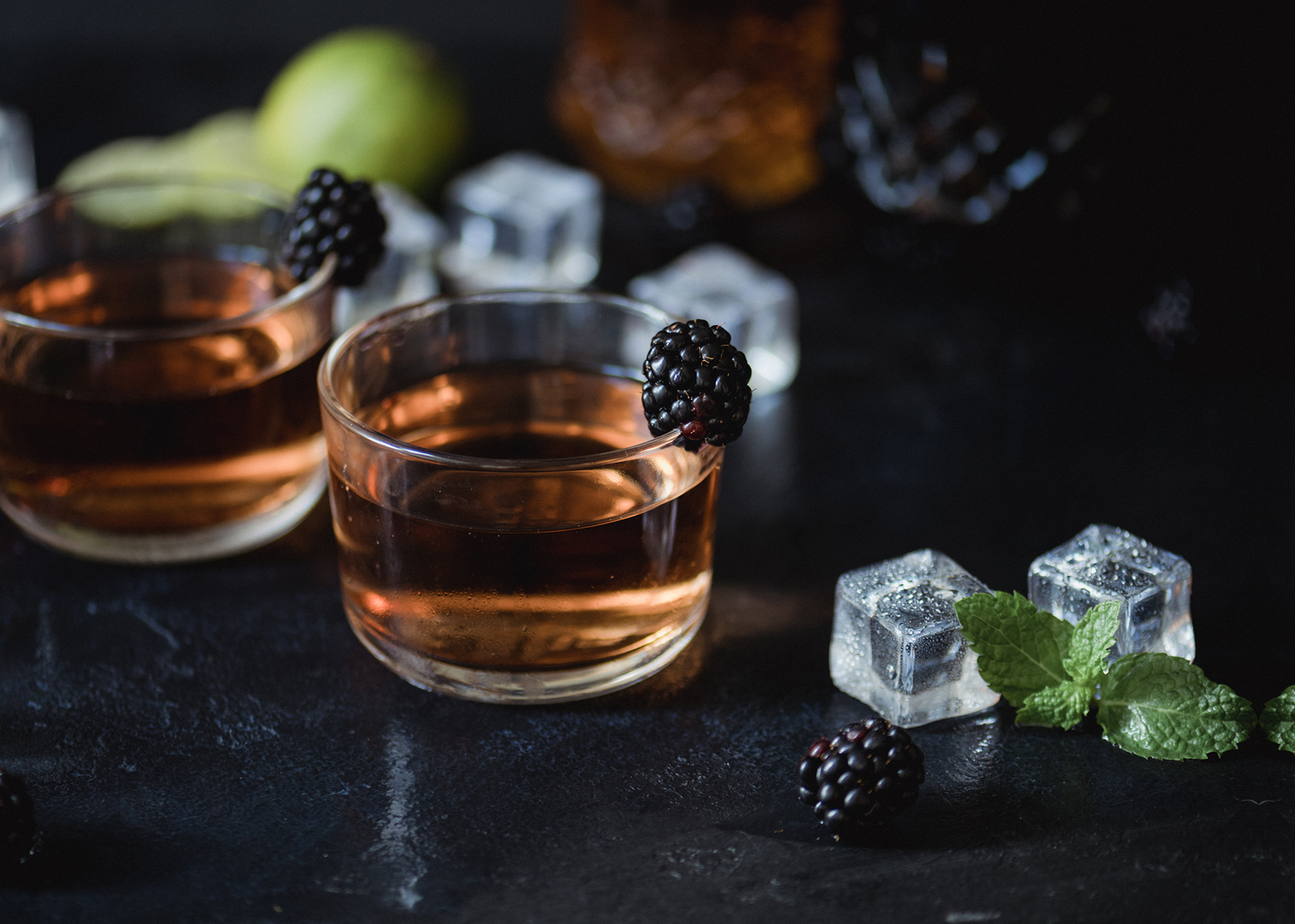
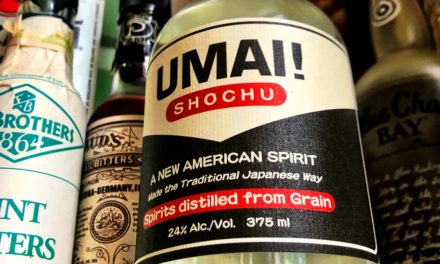
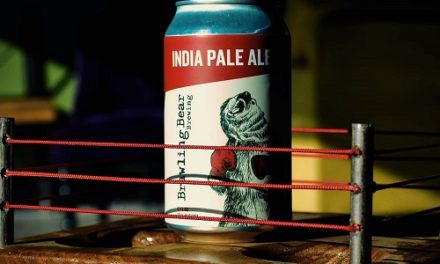


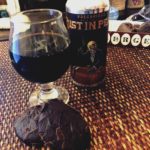
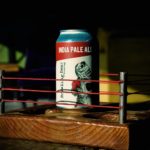

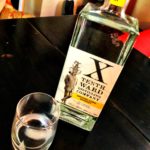
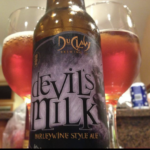
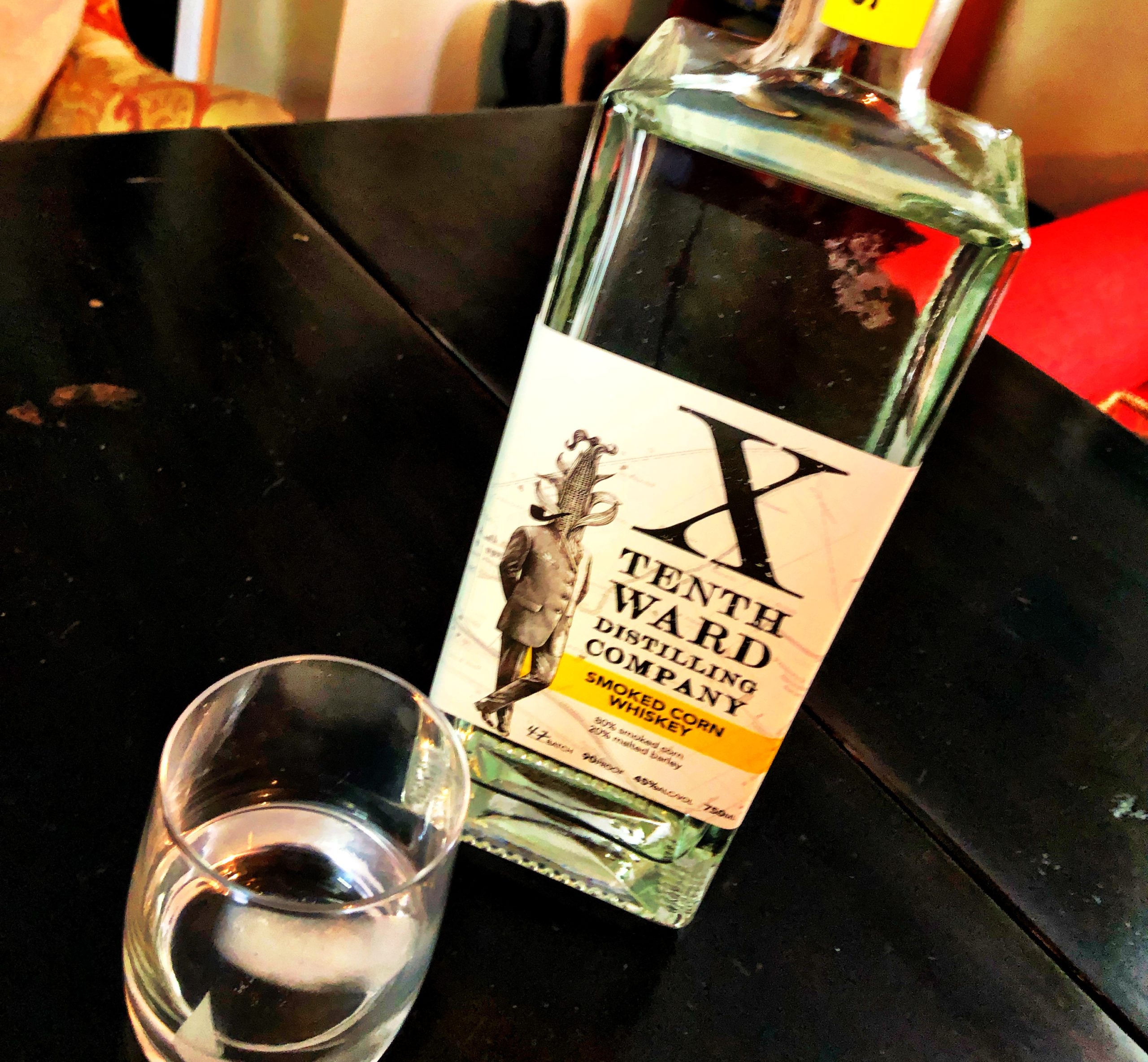
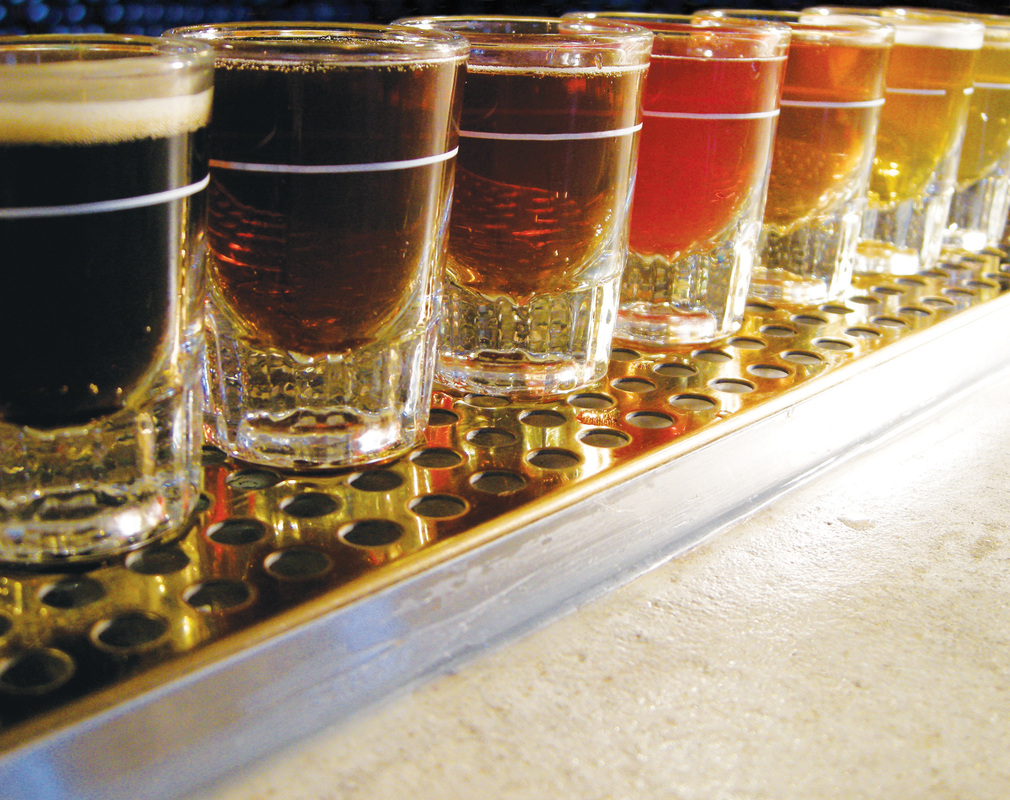
Follow Frederick Behind Bars!